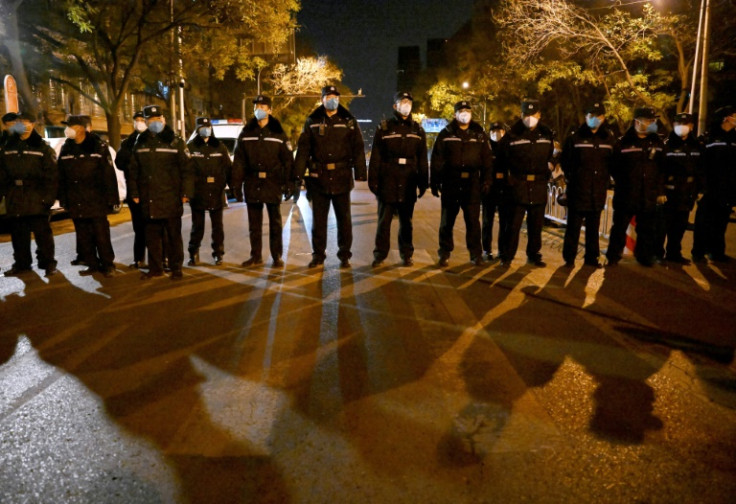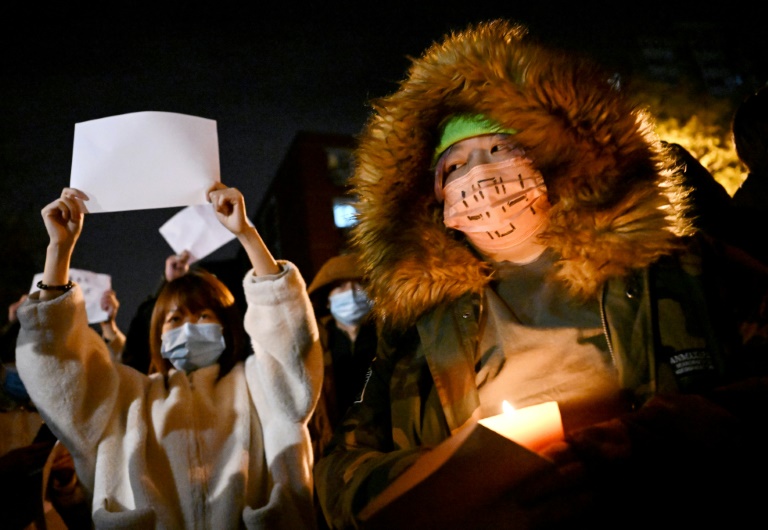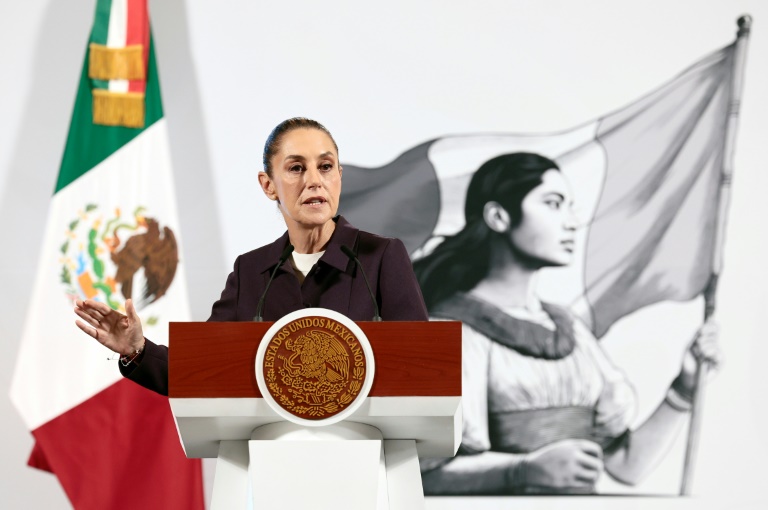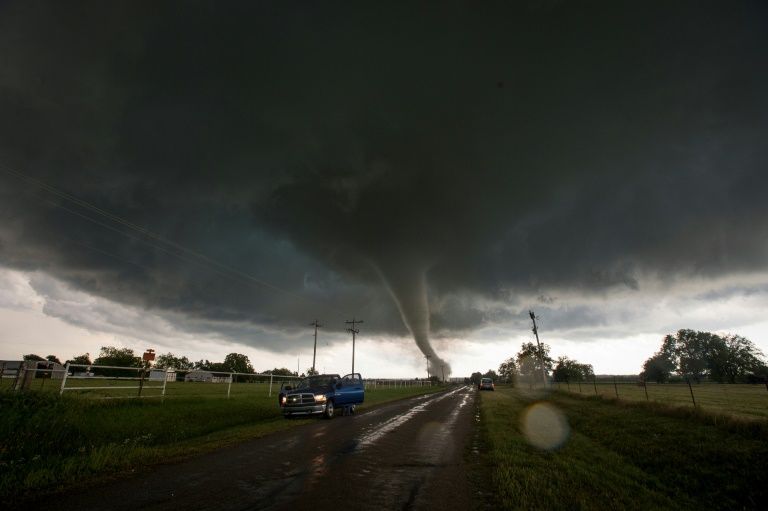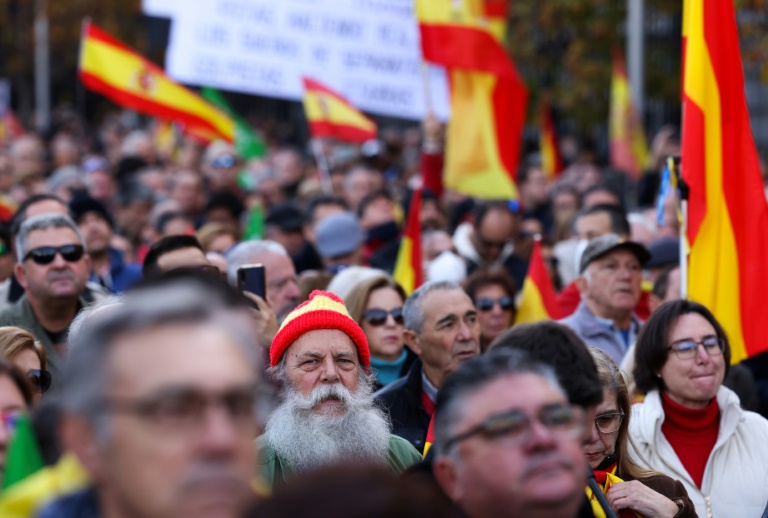One by one Beijingers braved the cold Sunday night after word of a rally spread on social media — a vigil for the victims of a deadly fire as well as a protest against China’s harsh Covid-19 restrictions.
Within hours, hundreds had gathered on the banks of Liangma river in near freezing temperatures, an AFP journalist at the scene saw, many holding blank white papers — a symbolic protest against censorship.
Others lit candles and tea lights at a small makeshift altar, where flower bouquets were placed and a white piece of paper read: “For the victims who perished in the Urumqi fire on November 24.”
Protests have sprung up across Shanghai and Beijing in the wake of a deadly fire in Urumqi, the capital of the western region of Xinjiang — deaths that many blame on strict lockdowns preventing emergency services from reaching the victims in time.
“We are all Xinjiang people! Go Chinese people! Long live the people!” those rallying by the river, which cuts through some of Beijing’s most affluent neighbourhoods, chanted Sunday.
“I’m here for my future. You have to fight for your own future,” a woman in her twenties surnamed Tian told AFP.
“I’m not scared because we’re not doing anything wrong, we’re not breaking any laws. Everyone’s working hard for a better tomorrow.”
Others were more explicitly opposed to China’s zero-Covid policy, shouting, “No to nucleic acid tests, we want food!”
Some chanted slogans recalling a string of tragedies linked to the country’s strict anti-Covid rules.
“Do not forget those who died in the Guizhou bus crash… do not forget freedom,” one said, referring to an accident in September when a bus transporting residents to a Covid-19 quarantine facility crashed, killing 27 of those on board.
“Remember the… Xi’an pregnant woman who died, those who could not access medical treatment in Shanghai,” another said.
Some people yelled, “We will not forget!”, while others said, “Don’t be a people, be yourself!”
Some gently sang “The Internationale” — a standard of the international communist movement — and the national anthem.
Others waited quietly, filming the scene — rare in China, where mass protests are routinely quashed by the state — on their phones.
The mood was largely calm, but keeping a watchful eye were at least a dozen police cars parked on surrounding roads. Some police officers walked through the crowd, filming the scenes.
Some young people made speeches, while others shouted slogans demanding “freedom of art”, and “freedom to write!”
Drivers were heard honking their horns in support of the protesters as they drove on the nearby ring road.
“Because of you Beijing is proud!” an onlooker on the other side of the river yelled.
An AFP reporter saw police trying to disperse the crowd just before 10:30 pm (1430 GMT). Some protesters stood their ground, shouting “don’t leave!”
Many chose to stay, as passing cars continued honking.
Eventually authorities blocked the road to stop vehicles coming through, and at around 1:45 am, approximately 100 police officers suddenly marched on the crowd.
Dozens of protesters left but a small group of around 100 people stayed standing under a bridge, some of them growing angry and trying to reason with police.
Fifteen minutes later more coaches arrived filled with paramilitary police, sparking fears of violence and prompting around half the demonstrators to leave hurriedly.
Those remaining were told by the police to go home, but one person continued to argue.
Eventually the officer at the front of the unit agreed that he had heard the protesters’ concerns, without revealing his identity or rank.
At this, there was a round of applause from the crowd and people agreed to go home.
Flanked on all sides by police, the remnants of the vigil were ushered to the other side of the road where they walked or cycled away.
